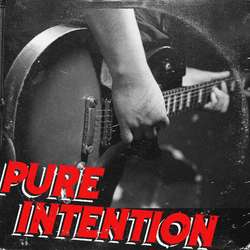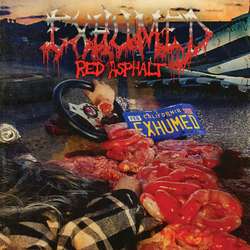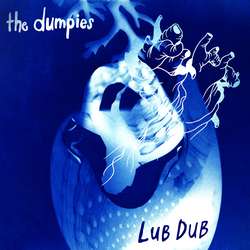Say what you will about the old “don’t judge a book by its cover” metaphor, but it’s got some credence in the music world too. The Sands’ Hotel & Casino is a case in point. The black vinyl sleeve may have suggested something darker, but the simplicity and attention to precision that marks the cover is befitting of the record inside. The DIY stamp (again, metaphorical) is also quite clear. Like it or not, that first impression matters when you get an unsolicited record in the mail.
The Sands call Bloomington, IN home and play a loud version of classic power pop. The songs are traditional structure with a lot of backing vocals that accessorize without turning to gang sing-alongs or whoa-ohs, instead just picking up a note here and there to spice up the song where the energy can use a little extra something—and that isn’t very frequent. The band’s identity comes in their ability to fill those energetic lulls in the familiar song structures with a snazzy or rollicking guitar lick, a big distorted bass, or some punchy drum fills. While the genre is power pop, they turn it up to 11 frequently. There are times I find myself thinking of Trouble In Mind Records while listening to this, only that the guitars are mixed up front.
That play with volume and dynamic levels reminds of ‘90s post-grunge alternarock, but with the precision and attention to detail of the ‘60s British Invasion. On paper that’s a strange combination, but I’m talking nuance here, not overall sound. It’s rooted in classic pop crispness, but minus that sugary-coated goop that was then scooped up and slathered onto morning cartoons. Picture Nirvana’s “In Bloom” video, dresses and all, and that’s something of what The Sands have going on (before everything degenerates at the end).
It’s maybe a 50-50 mix of straight-up songs versus those that turn for a few weird loops before returning to the chorus. One song with a nice variation is “Free to Go,” with a bass/drum interplay that runs the song and gives a louder, dirty boost. Then later, on “Wait It Out,” there are those ‘60s harmonies before closer “One or the Other” comes back with a rip-roaring guitar rock final minute or so that closes with a bang.
The Sands have captured attention with their precise attention to rock while giving enough flourishes to make it their own.




